Navigating Barcelona: A Guide to its Diverse Neighborhoods
Related Articles: Navigating Barcelona: A Guide to its Diverse Neighborhoods
Introduction
With enthusiasm, let’s navigate through the intriguing topic related to Navigating Barcelona: A Guide to its Diverse Neighborhoods. Let’s weave interesting information and offer fresh perspectives to the readers.
Table of Content
Navigating Barcelona: A Guide to its Diverse Neighborhoods
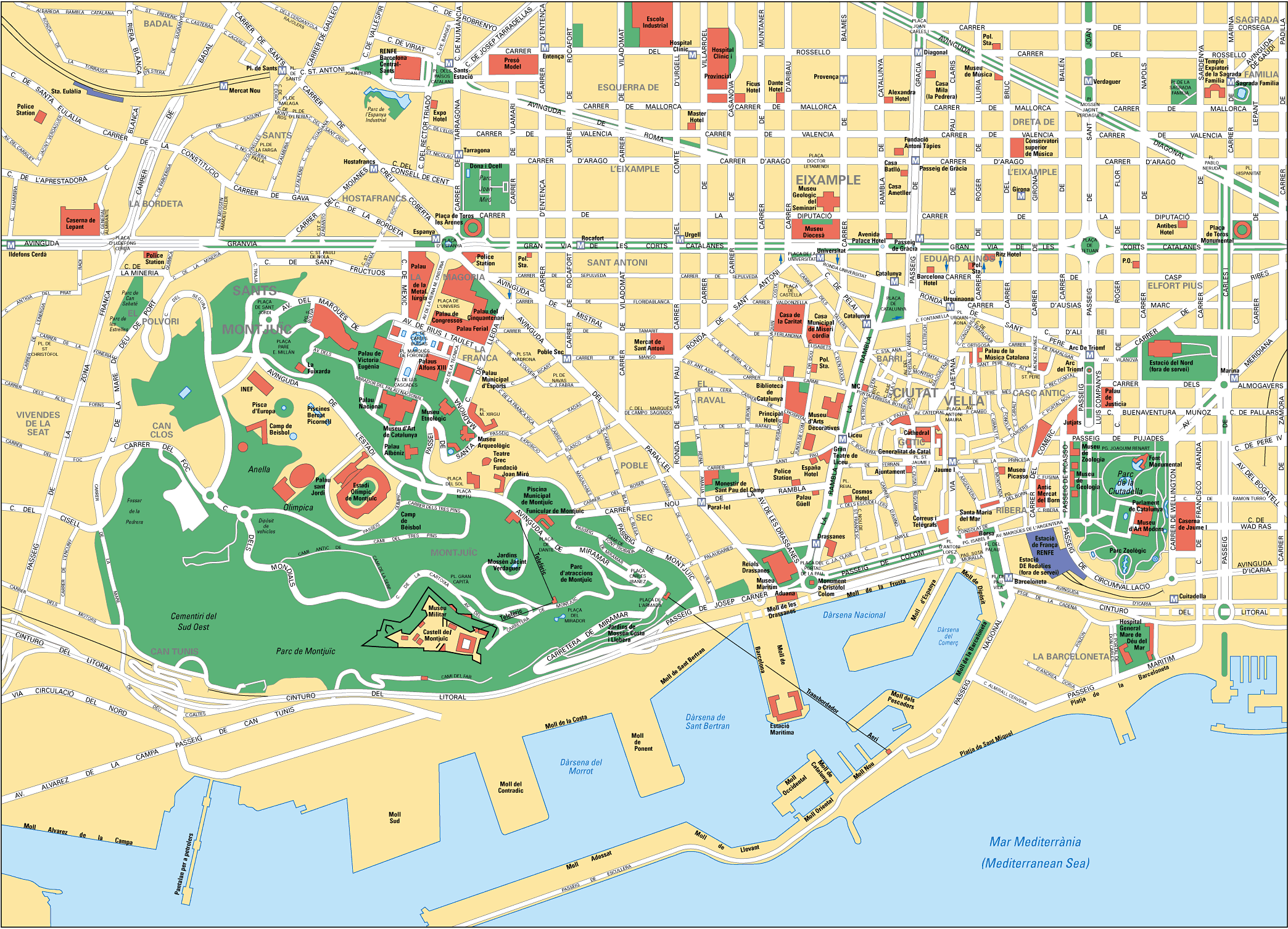
Barcelona, a vibrant city on Spain’s Mediterranean coast, is renowned for its architectural marvels, bustling markets, and captivating cultural scene. Its tapestry is woven from distinct neighborhoods, each possessing a unique character and charm. Understanding the city’s layout through its neighborhoods is key to unlocking a deeper appreciation for its diverse offerings.
A Visual Guide to Barcelona’s Neighborhoods
The city’s urban fabric is organized into ten districts (districts), each encompassing numerous neighborhoods (barrios). While the districts provide a broader overview, exploring the individual neighborhoods reveals the city’s true essence.
Central Barcelona: The Heart of the City
-
Ciutat Vella (Old City): The oldest part of Barcelona, Ciutat Vella is a historical labyrinth of narrow streets and charming squares. It houses iconic landmarks like the Barcelona Cathedral, the Gothic Quarter, and the Barceloneta beach. This area is a melting pot of history, culture, and vibrant nightlife.
-
Eixample: This meticulously planned neighborhood, designed by Ildefons Cerdà, is characterized by its grid-like layout and distinctive modernist architecture. The iconic Sagrada Família, designed by Antoni Gaudí, dominates the skyline. Eixample is a vibrant hub of shopping, dining, and cultural attractions.
-
El Raval: Once a notorious red-light district, El Raval has undergone a dramatic transformation, becoming a multicultural melting pot. Its diverse population, art galleries, and trendy bars make it a captivating and evolving area.
Beyond the Center: Exploring the City’s Edges
-
Gràcia: This bohemian neighborhood, once a separate village, retains its distinct character. Its lively squares, quirky shops, and vibrant street art scene attract artists, students, and young professionals.
-
Sants-Montjuïc: This diverse district encompasses the iconic Montjuïc hill, home to museums, gardens, and stunning views. The bustling Sants neighborhood, with its train station and shopping centers, is a hub for commuters and residents alike.
-
Les Corts: This upscale neighborhood is home to Camp Nou, the legendary stadium of FC Barcelona, and offers a mix of residential areas and bustling business centers.
-
Sarrià-Sant Gervasi: Known for its elegant mansions, green spaces, and upscale boutiques, Sarrià-Sant Gervasi is a haven of tranquility and sophistication.
-
Horta-Guinardó: This hilly district offers breathtaking panoramic views of the city. It is known for its charming residential streets, parks, and the serene Horta Labyrinth.
-
Nou Barris: This sprawling district is a mix of working-class neighborhoods, modern developments, and green spaces. It is home to the Parc de la Guineueta, a large urban park offering recreational opportunities.
-
Sant Andreu: This historic district, once a separate town, retains its industrial heritage. It is known for its traditional markets, lively squares, and family-friendly atmosphere.
-
Sant Martí: This coastal district encompasses the Barceloneta beach, the Olympic Port, and the trendy Poblenou neighborhood. It is a hub for tourism, leisure, and innovative businesses.
Navigating the Neighborhoods: A Practical Guide
-
Public Transportation: Barcelona boasts an extensive public transportation network, making it easy to navigate between neighborhoods. The Metro, bus, and tram systems are efficient and reliable.
-
Walking: Many neighborhoods are easily walkable, allowing you to discover hidden gems and soak in the local atmosphere.
-
Biking: Barcelona is a bike-friendly city, with dedicated bike lanes and bike rental services available throughout the city.
-
Taxis: Taxis are readily available, offering a convenient way to travel across the city, especially during late hours.
FAQs about Barcelona’s Neighborhoods
Q: Which neighborhood is best for families?
A: Gràcia, Sarrià-Sant Gervasi, and Horta-Guinardó are known for their family-friendly atmosphere, green spaces, and excellent schools.
Q: Which neighborhood offers the best nightlife?
A: Ciutat Vella, El Raval, and Gràcia are renowned for their vibrant nightlife, with a wide range of bars, clubs, and live music venues.
Q: Which neighborhood is best for shopping?
A: Eixample, with its flagship stores and designer boutiques, is a shopping paradise. Gràcia and Sarrià-Sant Gervasi offer unique boutiques and independent shops.
Q: Which neighborhood is best for art and culture?
A: El Raval is a hub for art galleries and contemporary art spaces. Ciutat Vella houses historical landmarks and museums.
Tips for Exploring Barcelona’s Neighborhoods
-
Plan your itinerary: Consider your interests and allocate sufficient time for each neighborhood.
-
Embrace the local culture: Try local cuisine, visit local markets, and engage with locals to gain a deeper understanding of the city’s character.
-
Get lost in the streets: Wandering through the narrow alleys and hidden squares can lead to unexpected discoveries.
-
Explore beyond the tourist hotspots: Venture beyond the well-trodden paths to uncover the city’s authentic charm.
Conclusion
Barcelona’s neighborhoods are a testament to the city’s rich history, diverse culture, and vibrant spirit. Each neighborhood offers a unique experience, from the historic charm of Ciutat Vella to the bohemian allure of Gràcia. By understanding the city’s layout through its neighborhoods, visitors can unlock a deeper appreciation for Barcelona’s captivating tapestry and create a truly memorable experience.
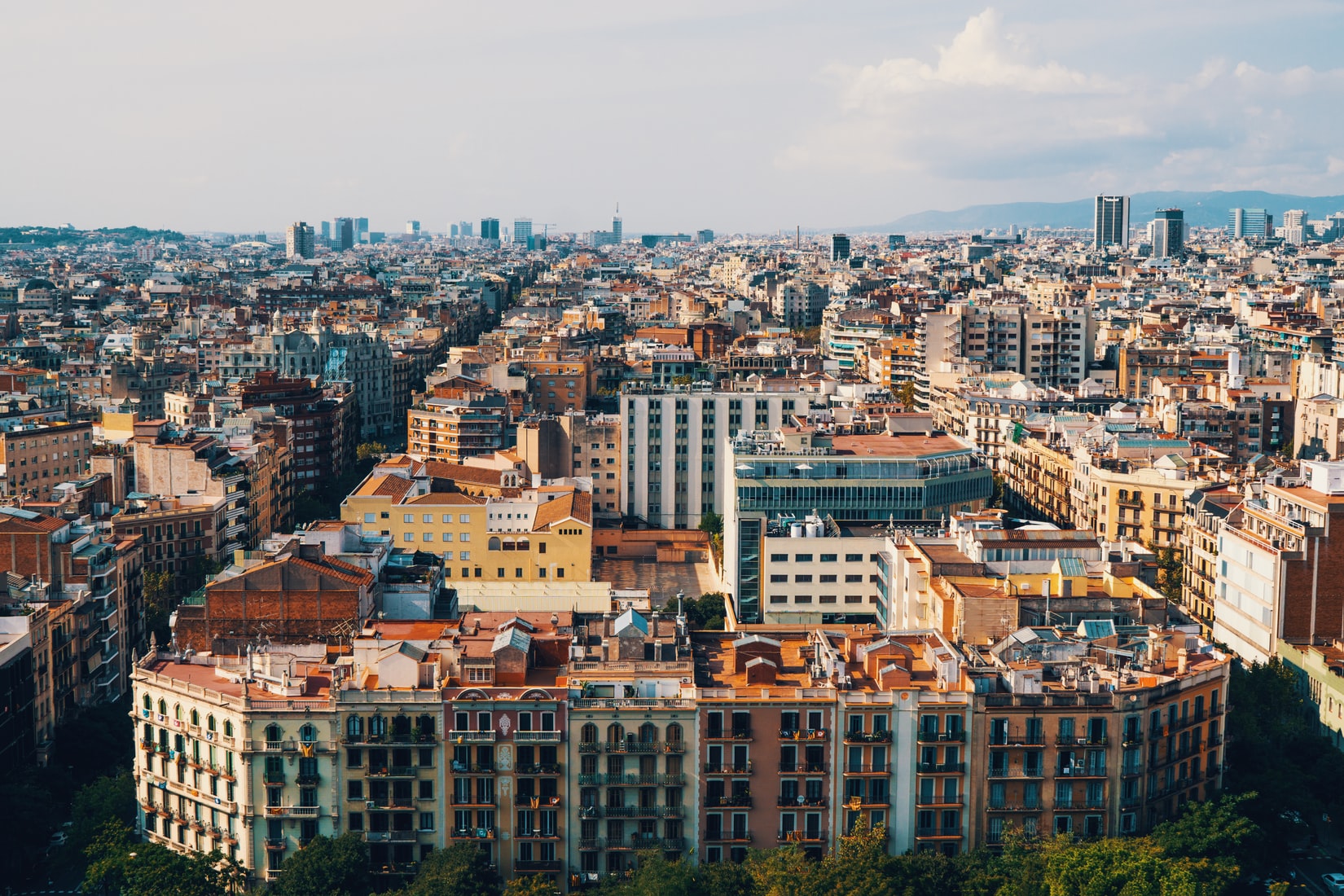
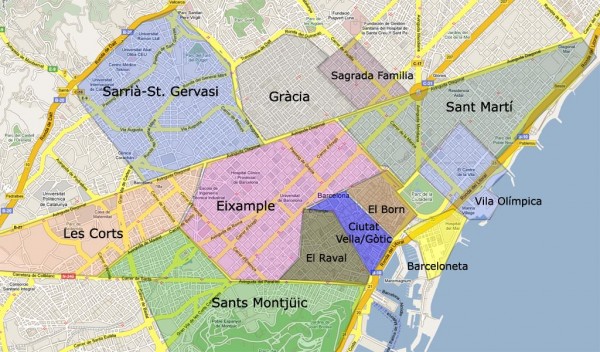

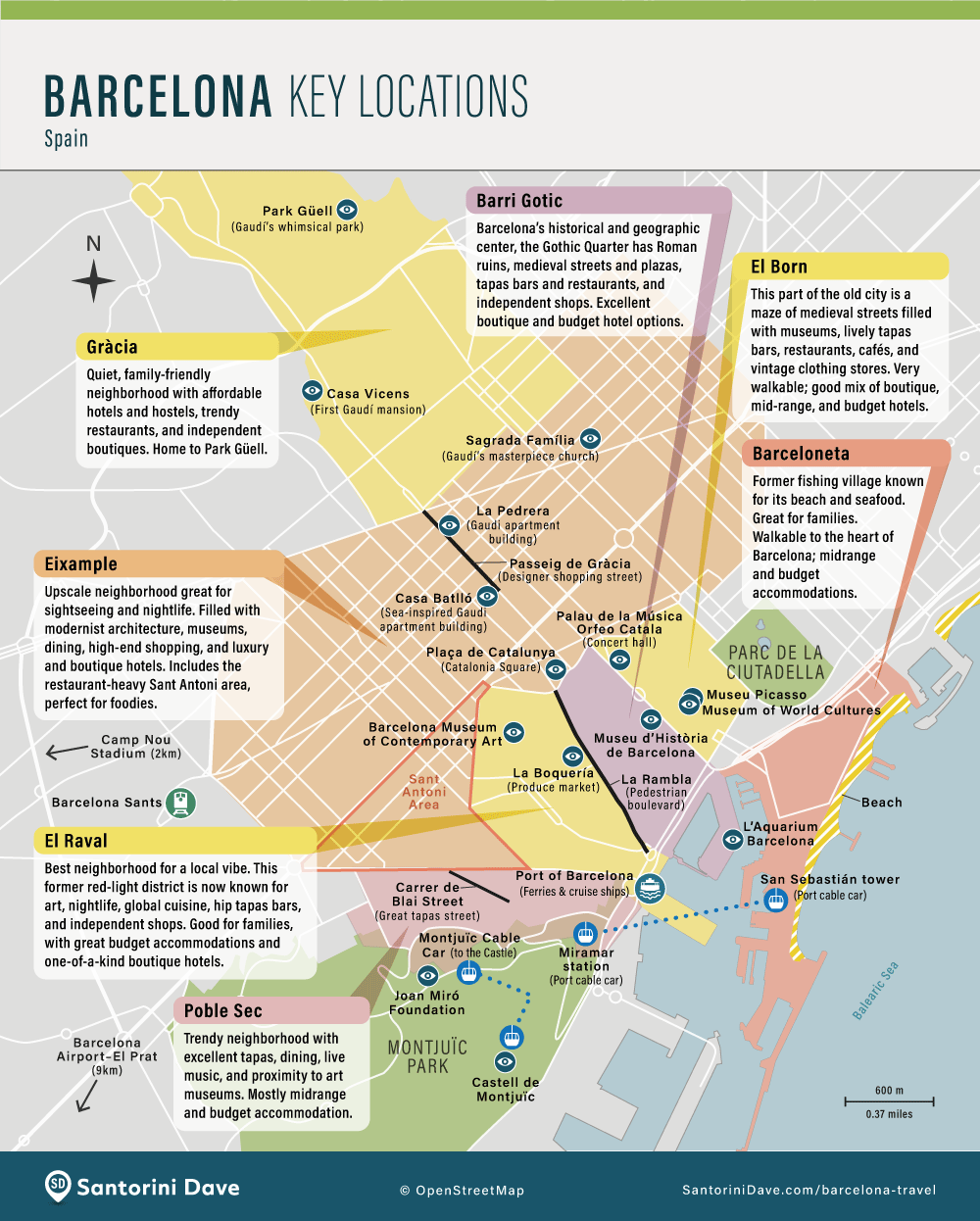
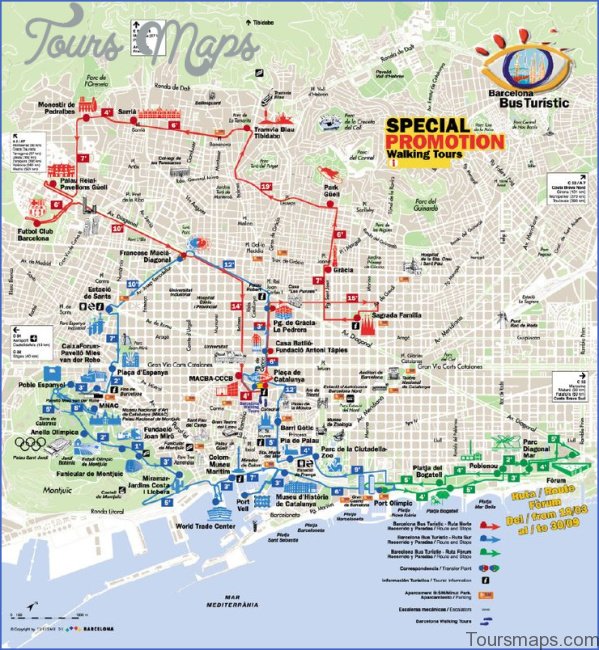
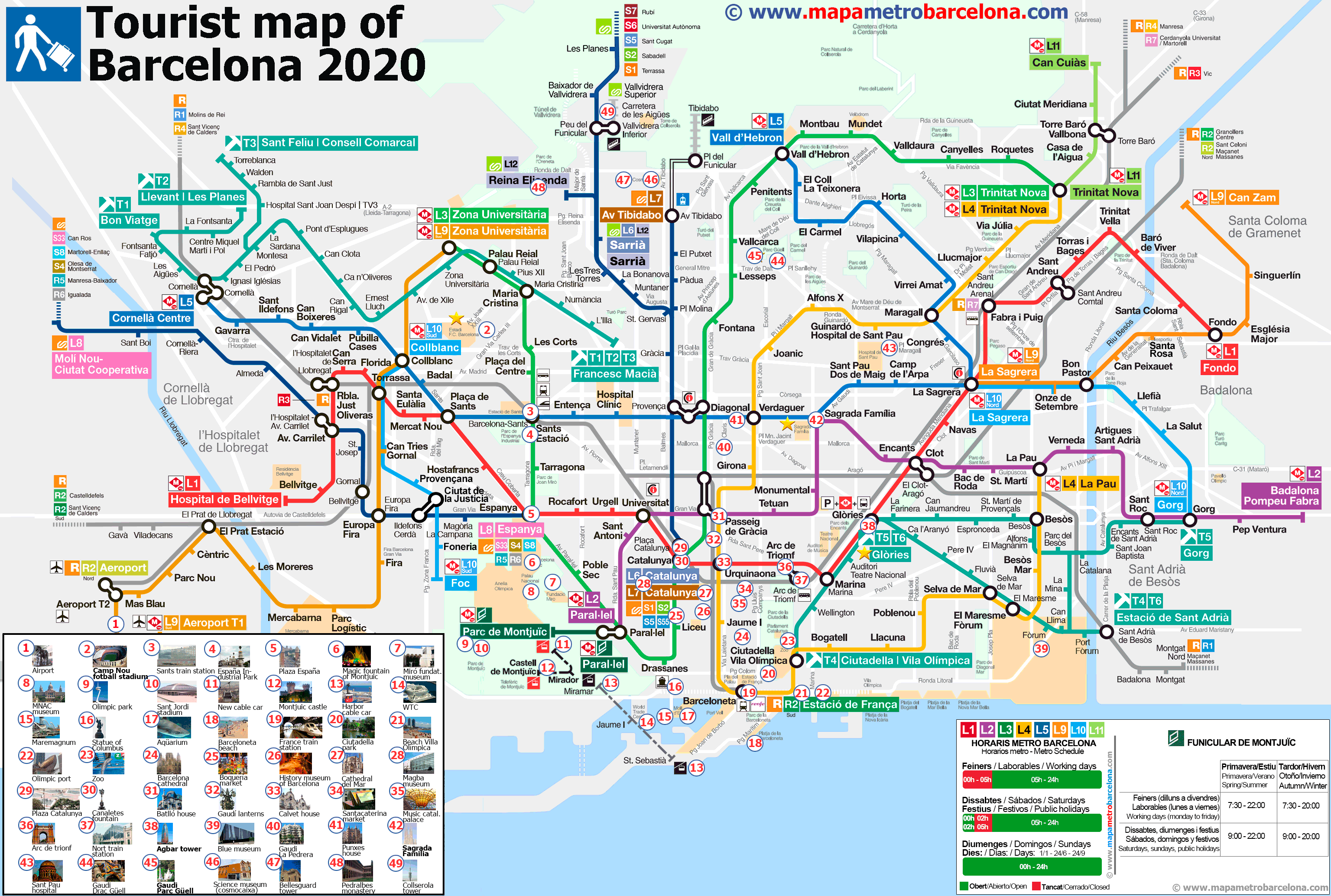

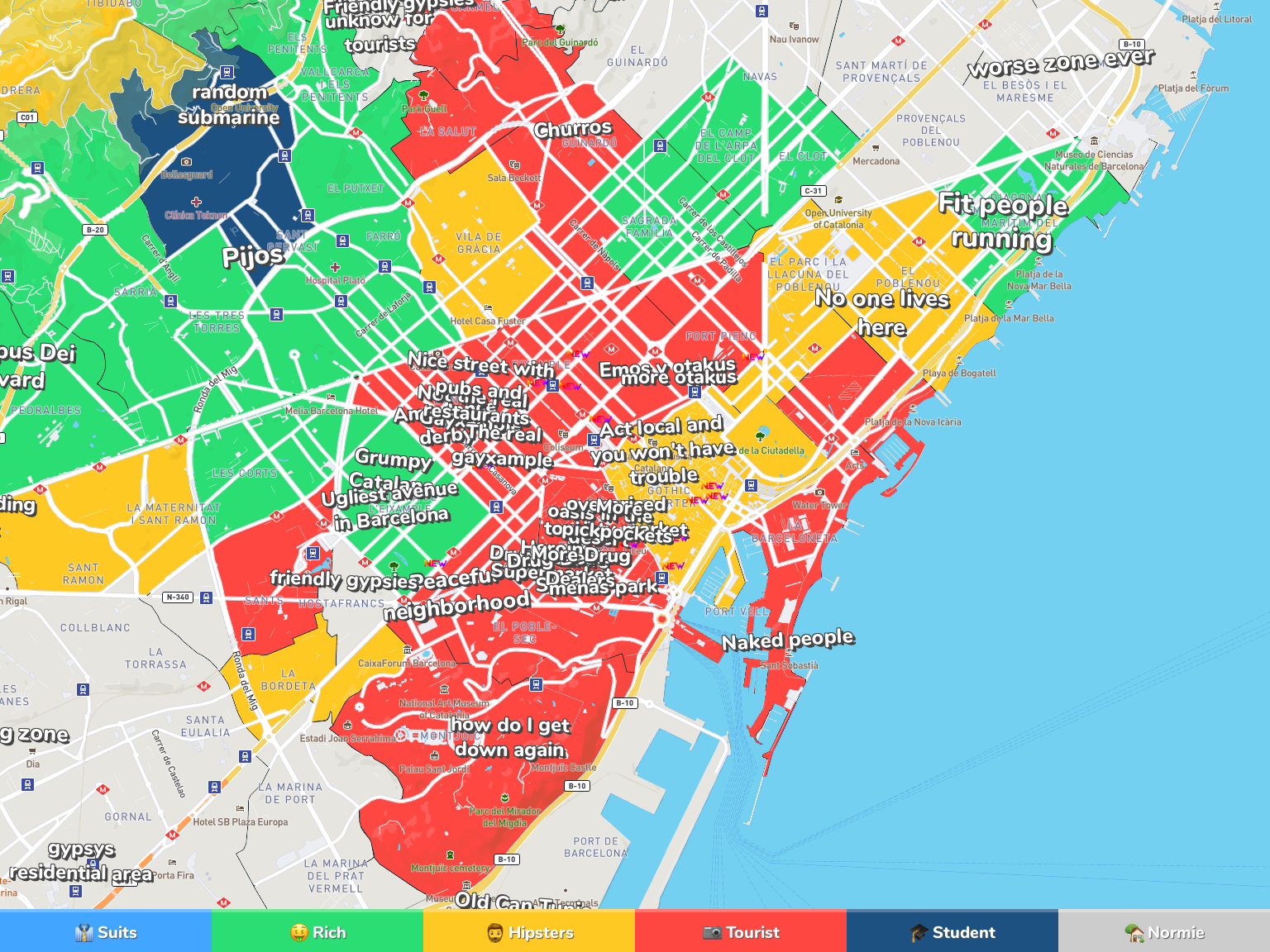
Closure
Thus, we hope this article has provided valuable insights into Navigating Barcelona: A Guide to its Diverse Neighborhoods. We hope you find this article informative and beneficial. See you in our next article!